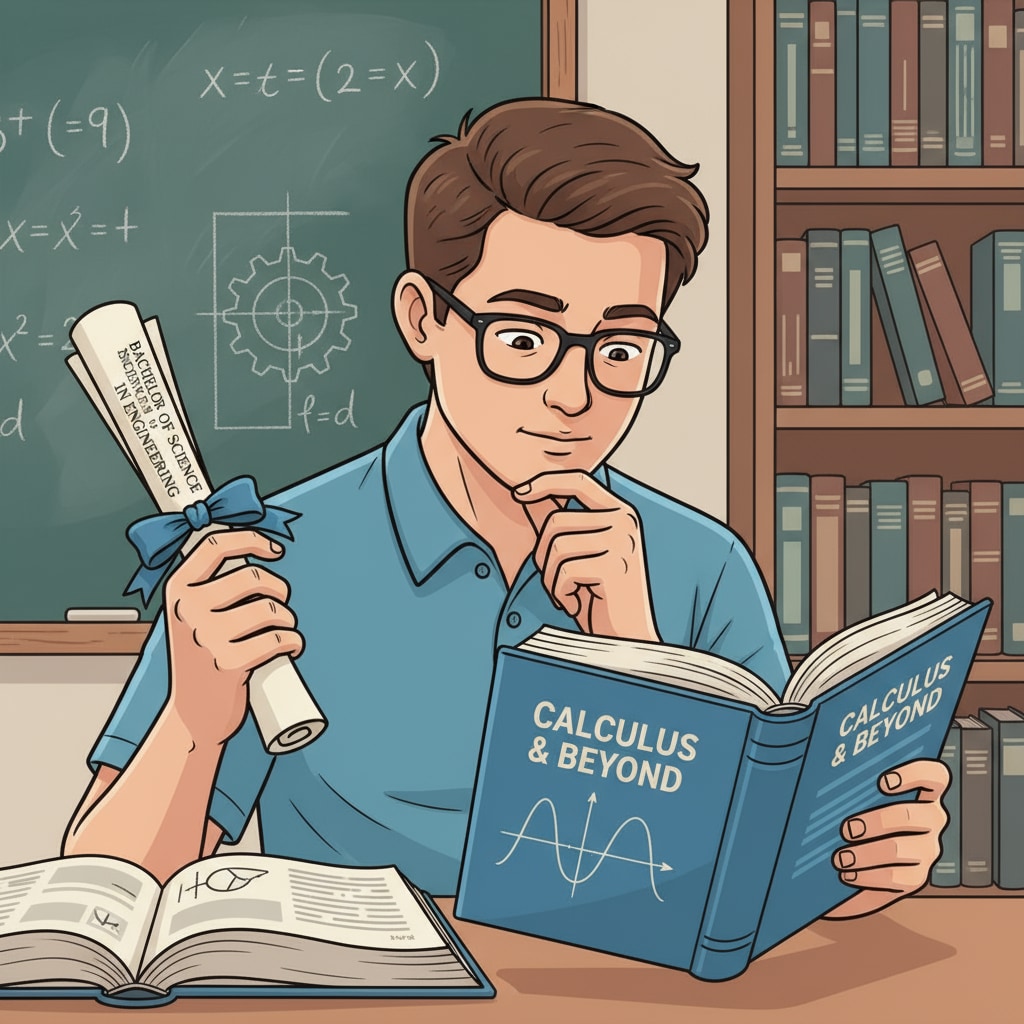Teaching, engineering degrees, and mathematics education are intertwined in the fascinating journey of career transition for individuals with a mechanical engineering background. Many engineers find themselves yearning for a more fulfilling career that allows them to share their knowledge and passion, and the field of mathematics education offers an exciting opportunity.

As someone with an engineering degree, you possess a wealth of knowledge and skills that are highly valuable in the realm of mathematics education.
The Transferable Skills from Engineering to Math Education
One of the key advantages of an engineering background when transitioning to math education is the strong foundation in mathematics. Engineers are well-versed in advanced mathematical concepts such as calculus, differential equations, and linear algebra. These skills can be directly applied when teaching higher-level math courses. For example, understanding complex mathematical models in engineering helps in explaining abstract concepts to students in a more practical and relatable way. In addition, engineers are trained to solve problems analytically and logically. This problem-solving ability is crucial in the classroom as it enables educators to guide students through difficult math problems, teaching them how to break down complex tasks into manageable steps. Engineering education on Wikipedia

Challenges in the Transition
However, the transition from an engineer to a math educator is not without its challenges. One of the main hurdles is the lack of formal teaching training. While engineers have excellent technical knowledge, they may not be familiar with teaching methodologies, classroom management, or curriculum development. For instance, knowing how to present a complex math concept in a way that is accessible to students of different learning abilities requires specific teaching skills. Another challenge is the need to adapt to the educational environment. Engineering workplaces often have a different culture compared to schools or educational institutions. The pace, expectations, and the nature of interactions can be quite different, which may take some time to adjust to. Teacher education on Britannica
To overcome these challenges, it is essential to acquire the necessary teaching credentials. This could involve enrolling in a teacher certification program, which typically includes courses in educational psychology, teaching methods, and classroom management. Many universities offer programs specifically designed for individuals with non-education backgrounds to obtain teaching licenses. Additionally, gaining practical teaching experience through internships or volunteer work in schools can be extremely beneficial. This hands-on experience allows you to apply the theoretical knowledge you’ve learned and get a feel for the classroom environment.
Readability guidance: As we’ve seen, the transition from engineering to math education has its pros and cons. By leveraging transferable skills and addressing the challenges head-on, one can successfully make this career shift. In the next steps, continuous professional development will play a vital role in maintaining a successful career in math education.


